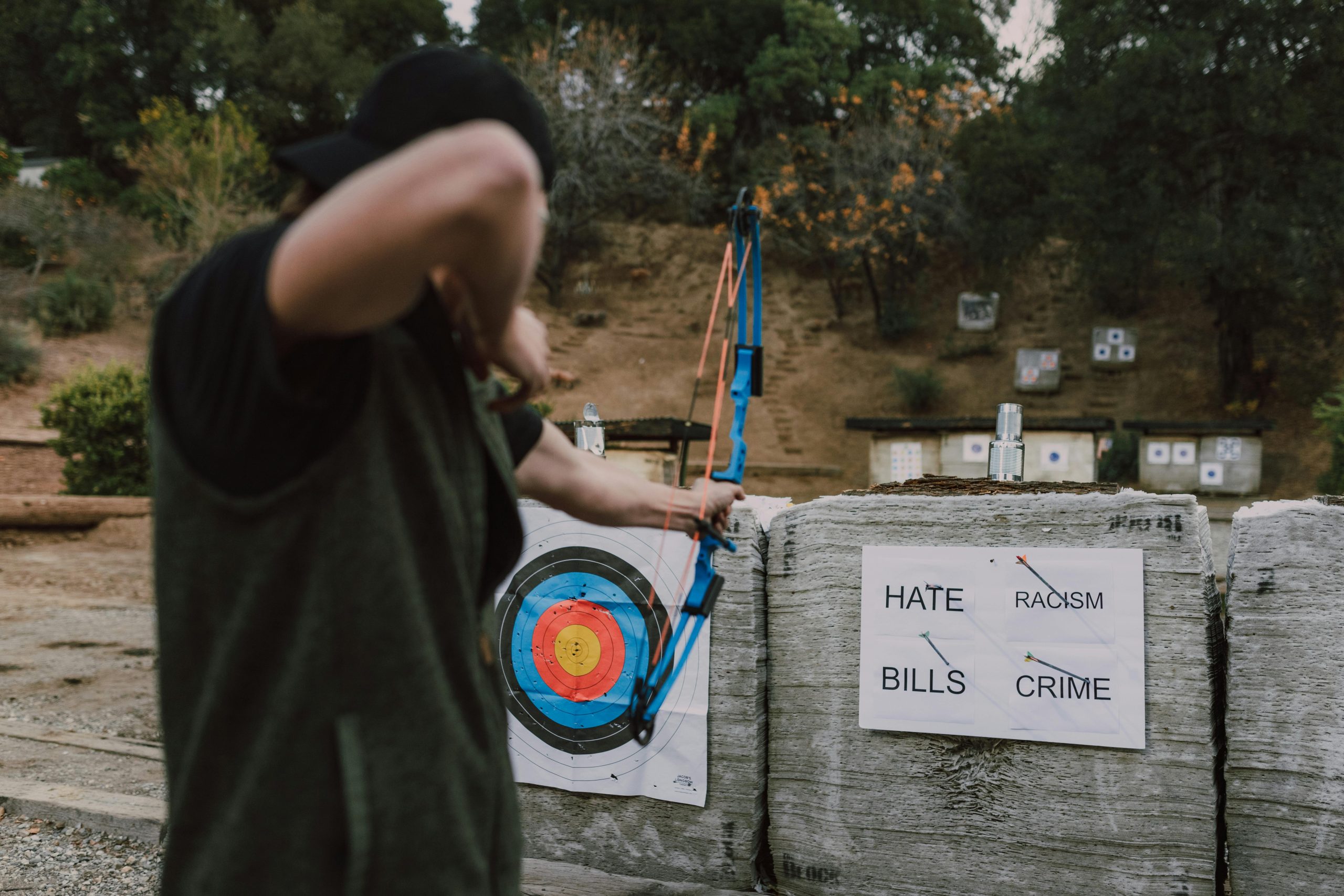Understanding Liability Coverage When You’re Not Behind the Wheel: What You Need to Know
Navigating auto insurance can be complex, especially when you’re not the one driving at the time of an incident. If you’ve ever wondered whether your liability policy protects you in situations where you’re a pedestrian or a passenger, you’re not alone. Let’s explore this common question with a real-world scenario and clarify what insurance coverage may apply.
Scenario Overview:
Imagine a situation where a bystander unintentionally causes damage to a vehicle. For instance, a pedestrian accidently dents a parked truck while walking nearby. If this pedestrian is covered under a liability policy—say, through USAA—does that coverage extend to damage caused when they weren’t operating a vehicle?
Key Considerations:
1. Insurance Coverage When Not Driving
In most cases, liability insurance primarily covers damages caused while you are operating a vehicle. However, if the damage results from actions taken during a different lawful activity, such as walking in a parking lot, coverage may vary and often depends on the policy’s specifics. It’s advisable to consult directly with your insurer to understand whether such incidental damages fall under your liability coverage.
- Inquiring About Coverage and Its Impact on Premiums
Many policyholders worry that asking their insurer about coverage details might negatively influence their rates. Generally, a simple inquiry or claim discussion is considered routine and should not adversely affect your premium. Transparency is always recommended—contact your insurer to clarify coverage limits and procedures in similar situations.
Additional Context:
To provide some background, in a related scenario, a young adult was involved in a humorous, albeit unfortunate, incident where their son, attempting a playful stunt, accidentally caused a significant dent in a parked vehicle. While this might seem trivial, understanding how such incidents are covered is important for responsible vehicle ownership and personal liability management.
Final Thoughts:
If you find yourself in a situation where you’ve caused damage while not actively driving, reach out to your insurance provider promptly. Clarify whether your policy offers coverage in your specific case. Being informed helps you make confident decisions and ensures you’re protected when it matters most.
Always review your policy documents and speak with your insurer directly to understand your coverage limits and responsibilities. Staying proactive with questions is a smart approach to managing your auto insurance effectively.



